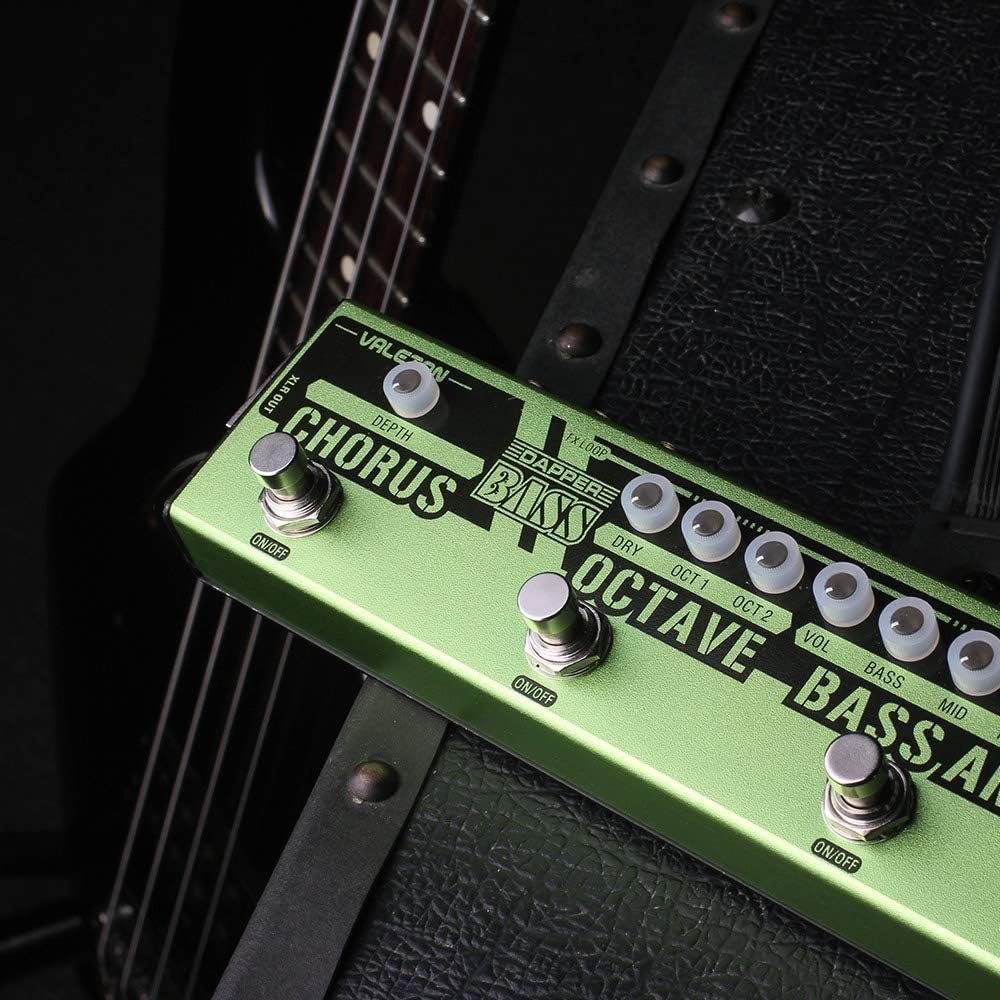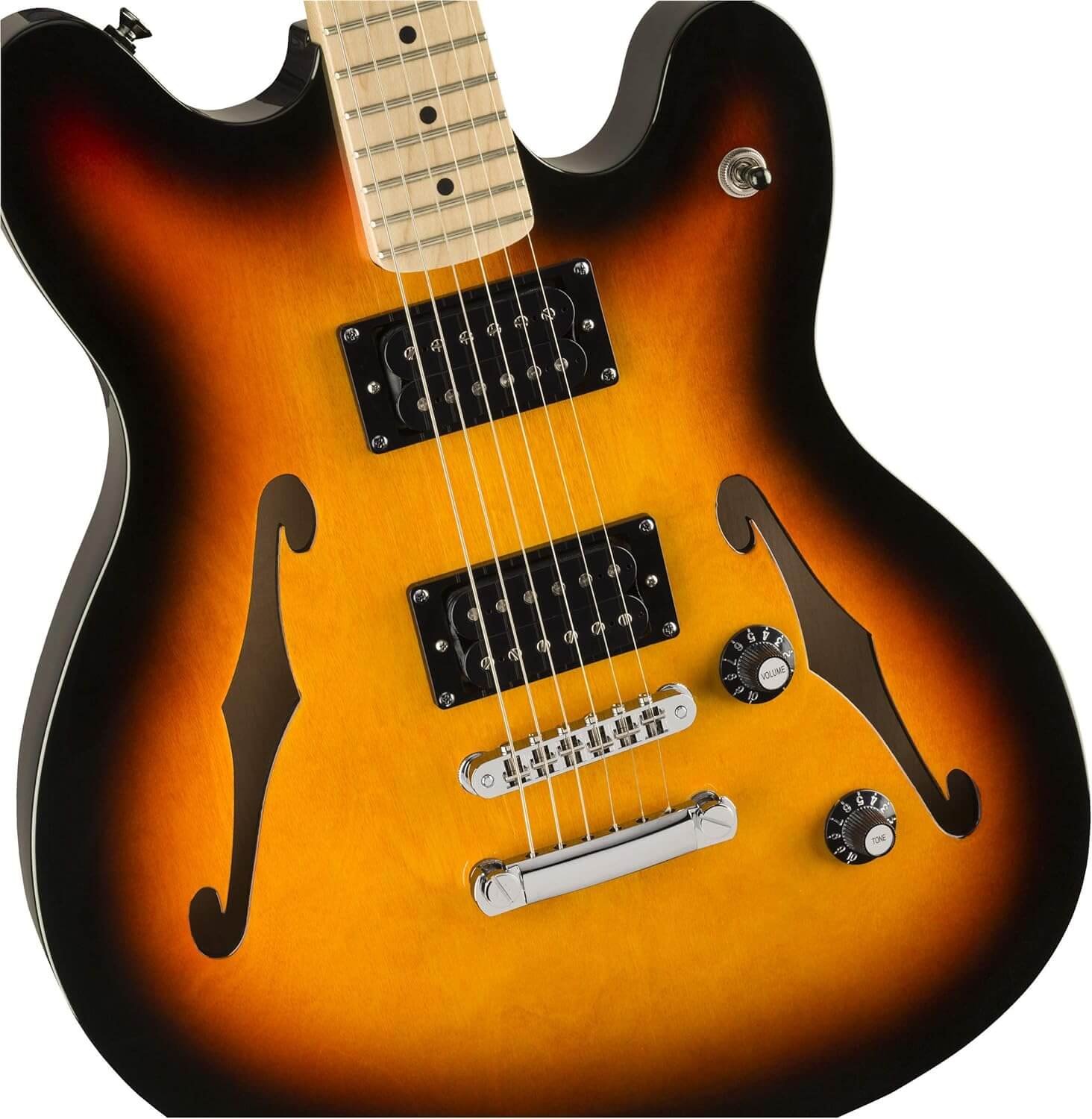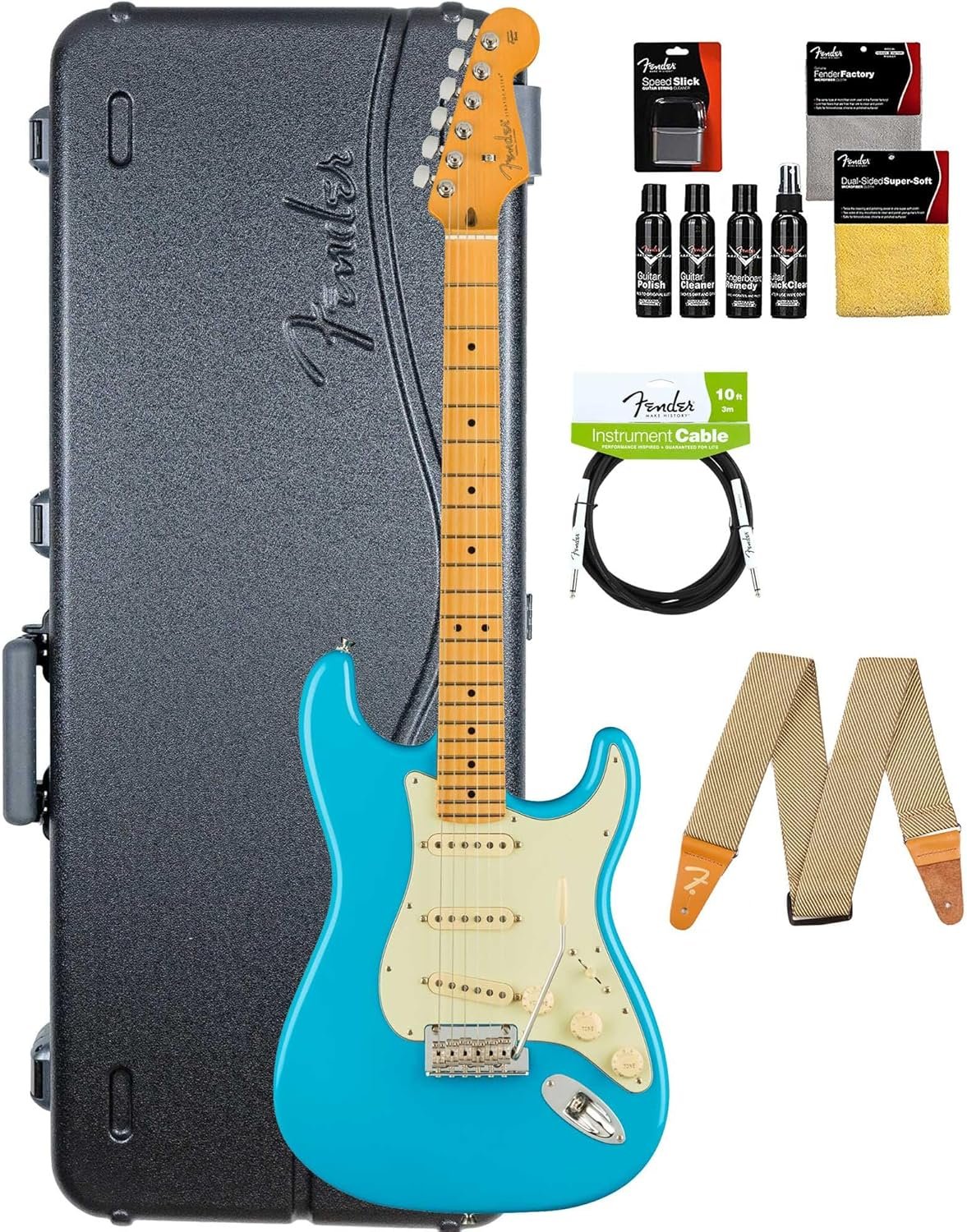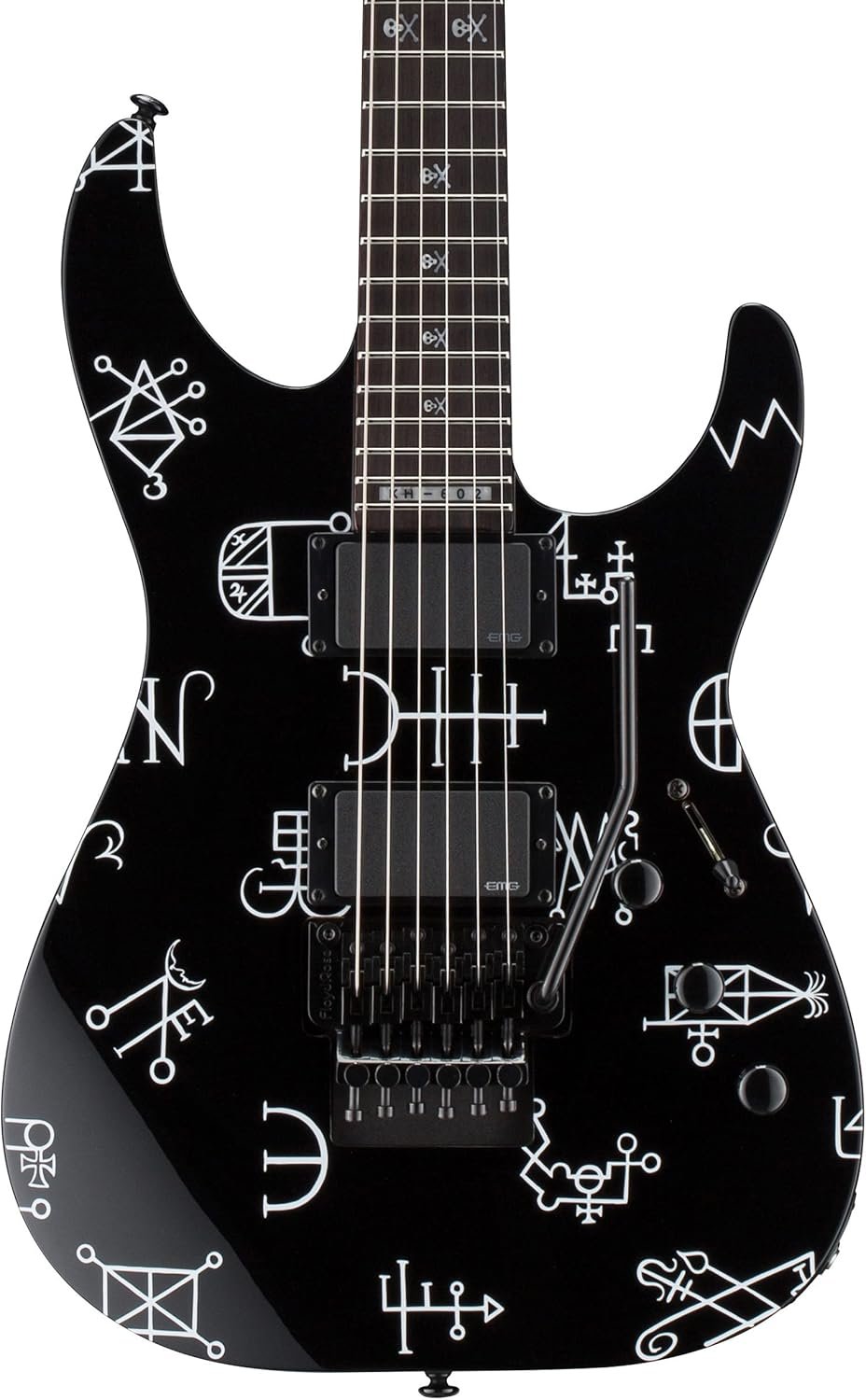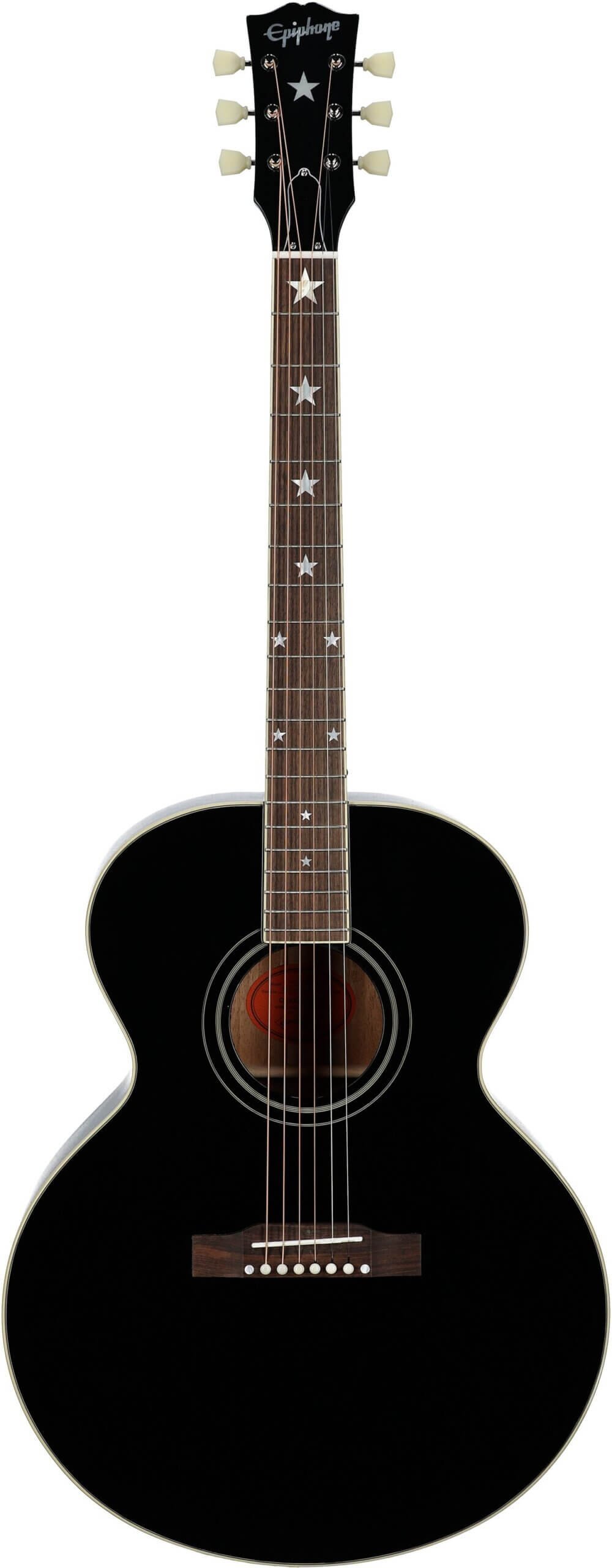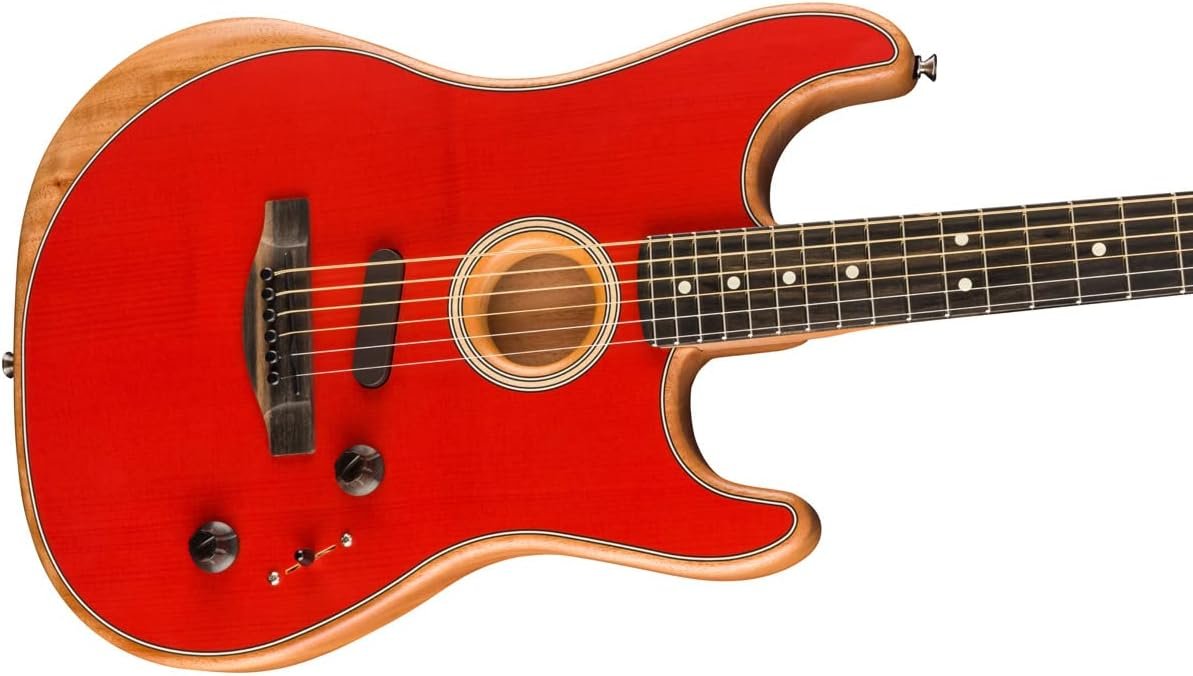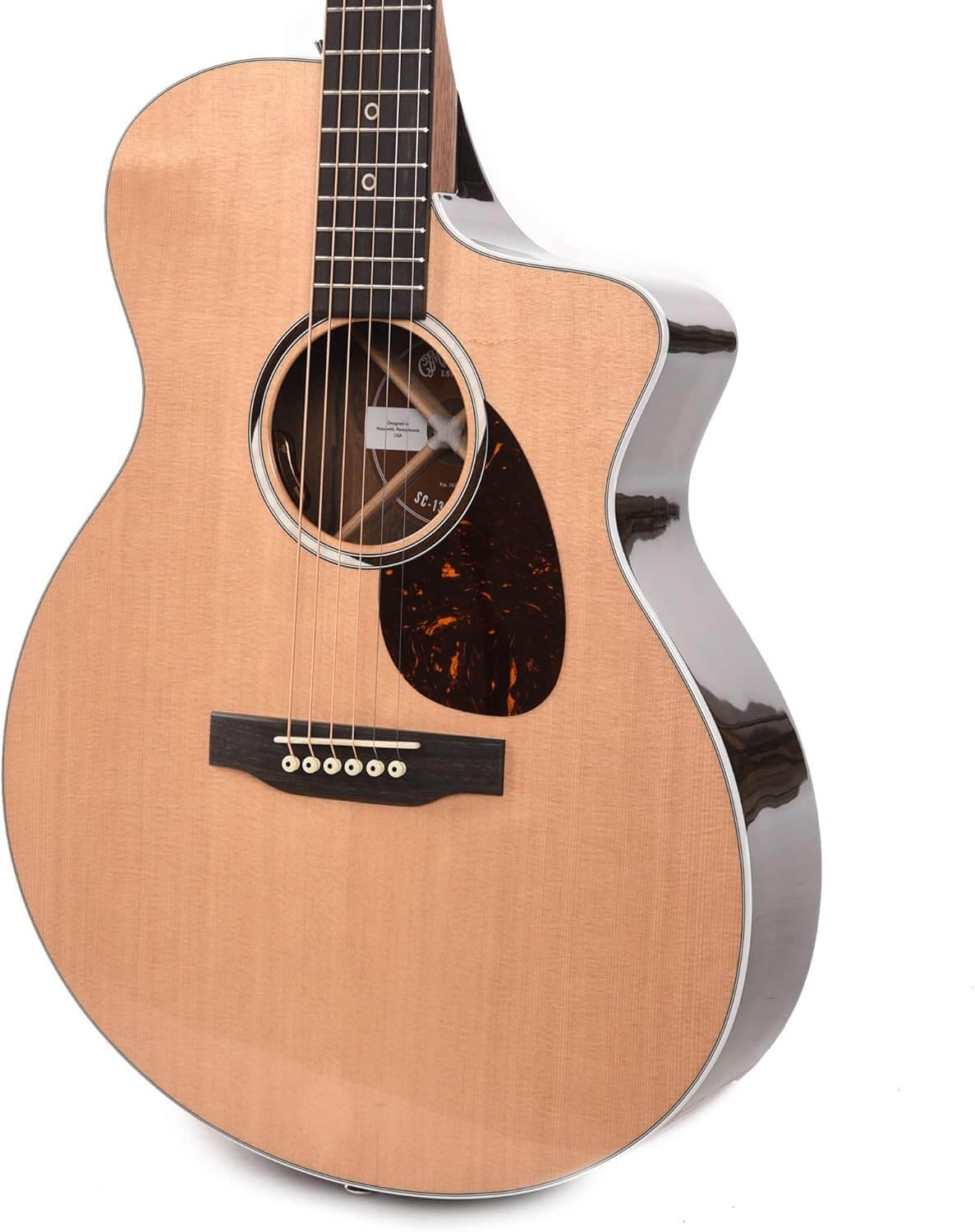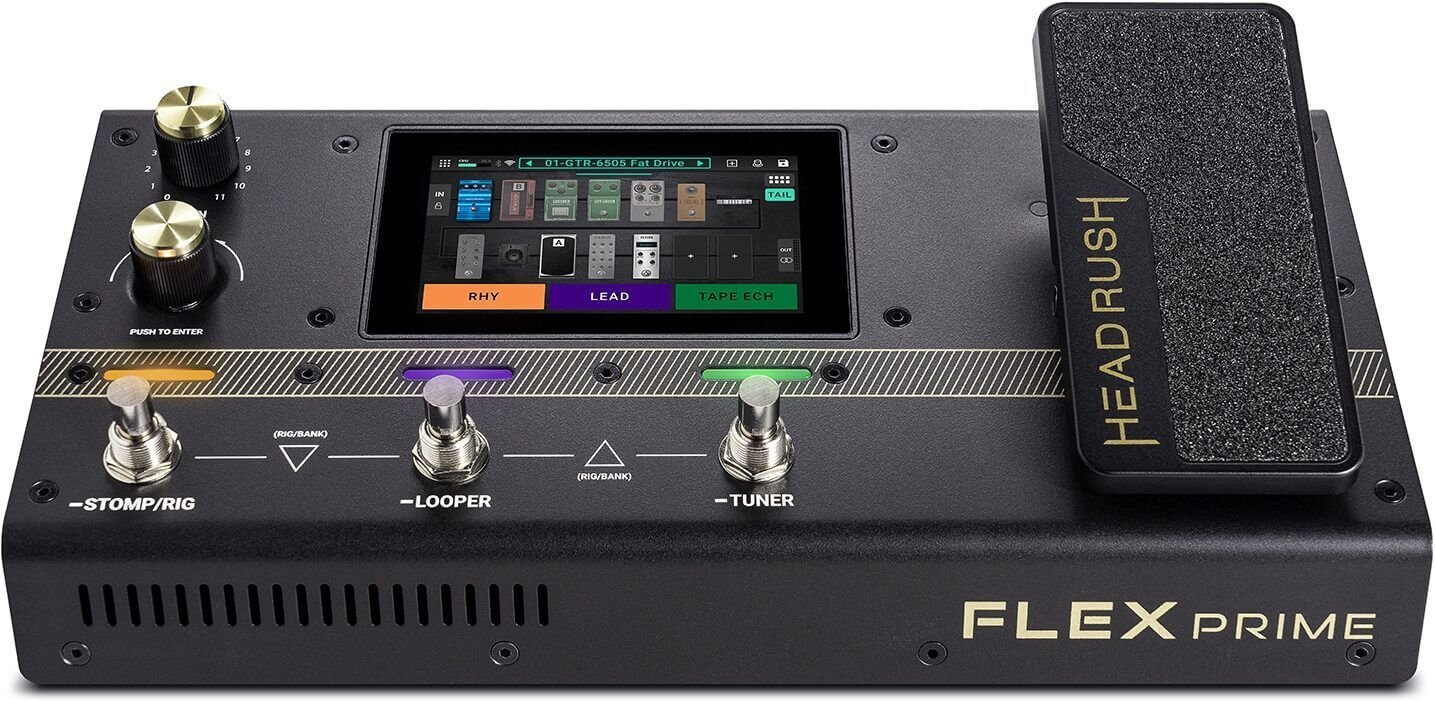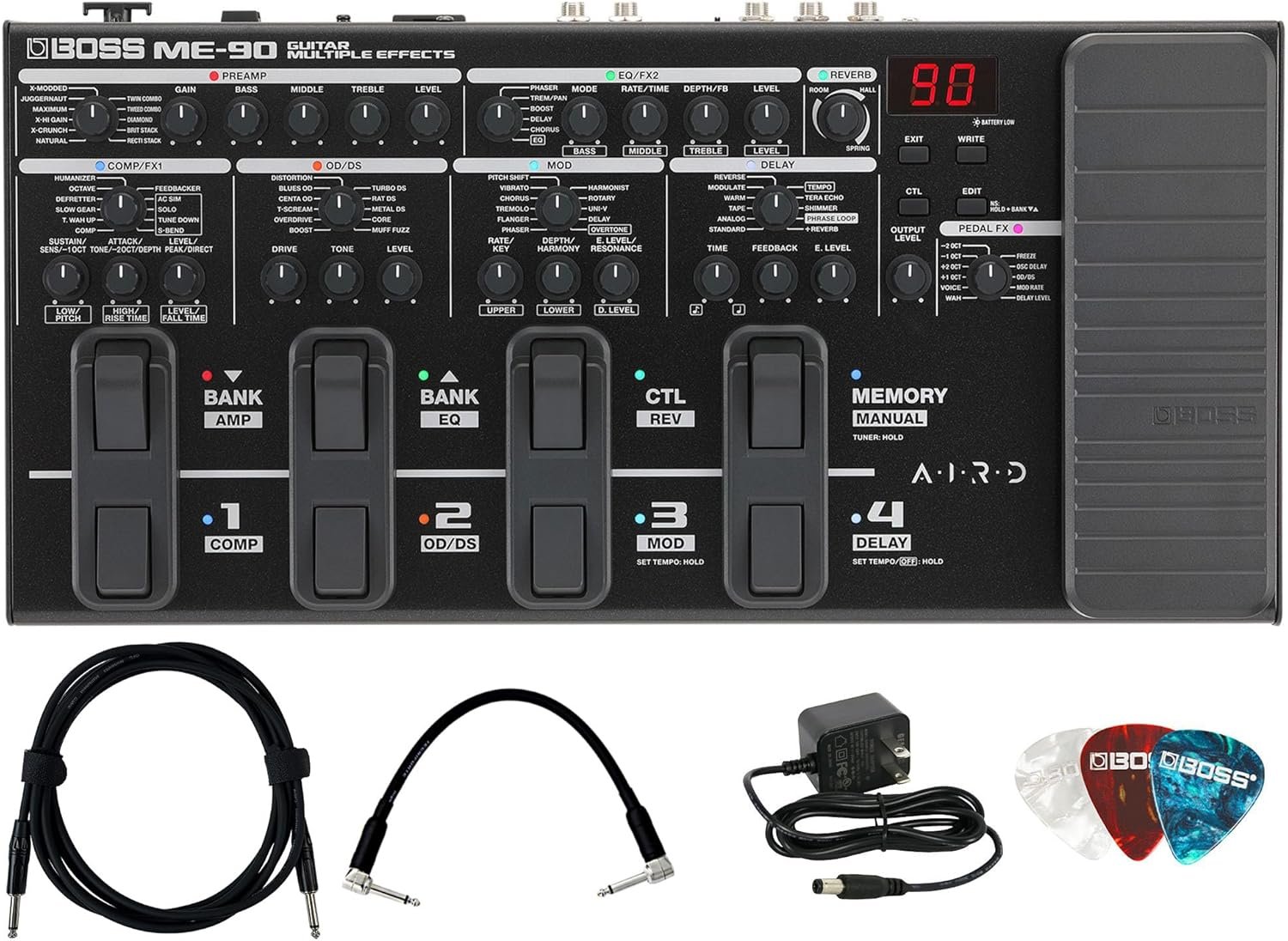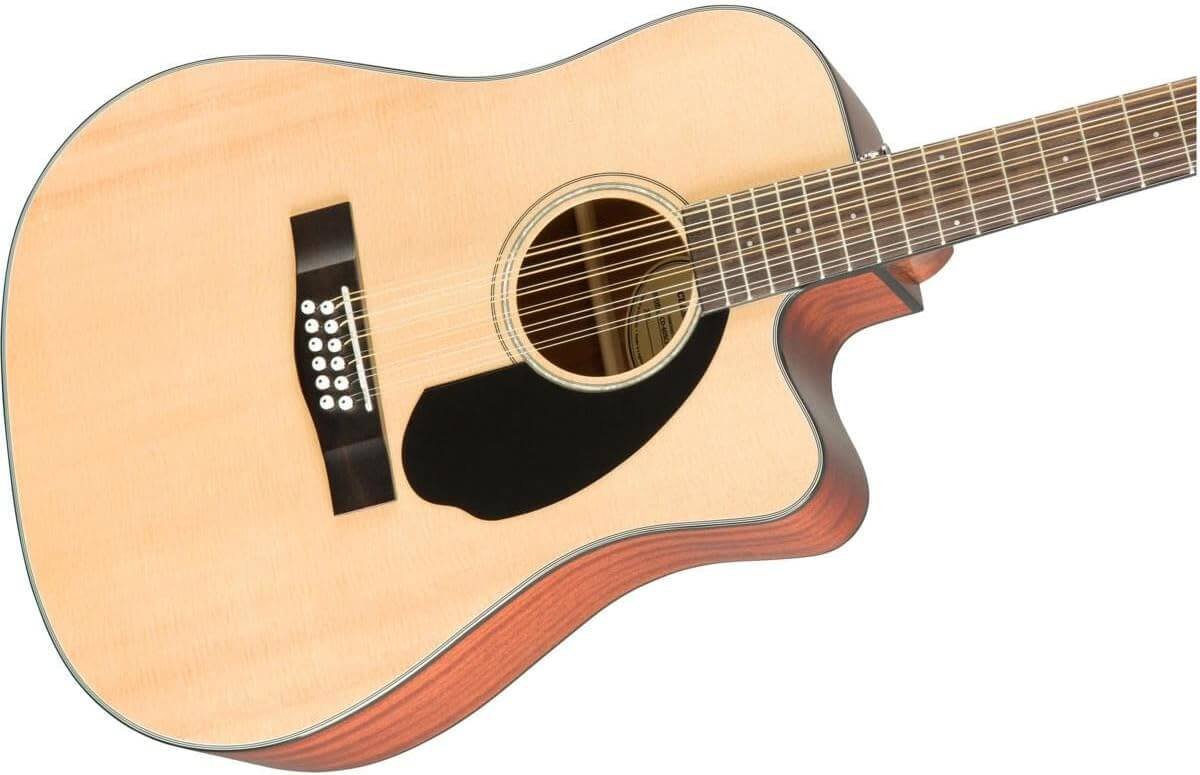Introduction to Music Coaching
Music coaching plays a pivotal role in the journey of learning an instrument, particularly for aspiring guitar and ukulele players. Unlike self-teaching methods, which often rely on written materials and online tutorials, music coaching provides a structured approach that adapts to the individual needs of students. This personalized experience allows learners to develop their skills effectively while receiving instant feedback and guidance from a professional mentor.
The significance of learning guitar or ukulele under the tutelage of a coach extends beyond mere technical skills. A professional music coach not only imparts knowledge but also fosters a sense of motivation and accountability. They create customized lesson plans tailored to each student’s interests and goals, which can accelerate progress and enhance overall enjoyment. This hands-on approach often leads to a deeper understanding of music theory, timing, and rhythm that self-taught individuals may overlook.
Moreover, having a coach enables students to explore various playing styles, genres, and techniques that they might not encounter when learning independently. This exposure can spark creativity and encourage students to explore their musical interests further. Additionally, a coach can offer insights into performance practices, helping students prepare for potential live performances or recordings, which can be daunting tasks for those learning on their own.
Ultimately, music coaching serves as a valuable resource for individuals at any skill level. Whether a beginner seeking to strum their first chords or an advanced player looking to refine their technique, the benefits of having a knowledgeable and supportive mentor cannot be overstated. In this way, music coaching represents a vital component in unlocking one’s full musical potential, offering a path toward mastery that is both fulfilling and enriching.
Understanding the Instruments: Guitar vs. Ukulele
The guitar and ukulele are both stringed instruments that offer unique musical opportunities, yet they differ significantly in various aspects. The guitar typically has six strings, while the ukulele is most commonly equipped with four strings. This fundamental difference in string count not only affects the instrument’s sound but also its complexity and application in music. Beginners may find the ukulele more approachable due to its fewer strings, which can make chord progression and strumming patterns simpler to learn.
Tuning also varies between these two instruments. The standard tuning for a guitar is E-A-D-G-B-e, whereas the ukulele is usually tuned to G-C-E-A. The distinct tuning of the ukulele lends itself to a bright, cheerful tone, making it a favorite for folk and pop music. In contrast, the guitar’s wider range allows for a more versatile sound suitable for various genres, including rock, blues, and classical.
When it comes to music theory applications, both instruments share similarities in fundamental concepts such as chord formations and scales. However, the guitar often delves into more complex music theory, making it suitable for those interested in advanced playing techniques, solos, or composing. The ukulele, while capable of producing sophisticated melodies, typically emphasizes chord camaraderie and simpler melodic lines, appealing to casual musicians and songwriters.
Ultimately, your choice may depend on your musical goals, style preferences, and the extent of commitment you wish to invest in learning an instrument. Both the guitar and ukulele possess their individual charm and offer rewarding musical experiences. Understanding their differences can aid in determining which instrument aligns best with your learning journey.
The Role of a Music Coach
A music coach plays a pivotal role in the journey of learning instruments like the guitar and ukulele. Their responsibilities extend beyond merely teaching notes and chords; they facilitate a comprehensive learning experience tailored to each student’s unique needs. An effective music coach designs lessons that cater to various skill levels, ensuring that beginners feel comfortable while also challenging advanced students to refine their skills.
When searching for a suitable music coach, several qualities should be prioritized. First and foremost, the coach’s teaching style is essential. Different students respond to various pedagogical approaches; thus, a versatile teacher who can adapt their methods is invaluable. Some learners may thrive in an as-needed, supportive environment, while others prefer a structured, rigorous regimen. A good coach will assess this and tailor their approach accordingly.
Experience is another critical factor to consider. Coaches who possess extensive backgrounds in playing and teaching the guitar and ukulele generally provide deeper insights drawn from their own musical journeys. They can share practical tips, common pitfalls, and artistic concepts that only seasoned musicians understand. Furthermore, their exposure to various teaching scenarios enhances their effectiveness in engaging students of diverse backgrounds.
Interpersonal skills also significantly contribute to the effectiveness of a music coach. A coach who fosters open communication and rapport can effectively motivate students, creating an environment conducive to learning. The best coaches possess patience, empathy, and a genuine passion for music, which ultimately encourages students to embrace challenges and celebrate progress. Additionally, they should actively listen, offering constructive feedback to nurture growth.
In summary, the qualities and responsibilities of a music coach directly influence the student’s learning experience. A coach with the right combination of teaching styles, experience, and interpersonal skills can unlock a student’s musical potential and ensure a fulfilling journey with the guitar or ukulele.
Coaching Techniques and Learning Strategies
The effectiveness of music coaching relies significantly on the methodologies employed by coaches to facilitate learning. A paramount technique utilized in guitar and ukulele coaching is interactive learning. Such an approach enables students to engage with the material actively, rather than passively absorbing information. Interactive tools, including digital applications and online platforms, are increasingly popular. They provide an immersive experience, allowing learners to experiment with various sounds and techniques while receiving immediate feedback on their performance.
Another critical aspect of effective coaching is the customization of lesson plans. Personalized lesson plans cater to the individual needs of each student, taking into account their unique strengths, weaknesses, and musical aspirations. By tailoring lessons, coaches focus on specific skills, such as finger placement, strumming patterns, or music theory—whichever areas the student needs more support with. This targeted approach not only fosters a deeper understanding of the instrument but also cultivates a sense of ownership and responsibility in the learning process.
Setting achievable goals is another fundamental strategy in music coaching. Coaches work with students to establish short-term and long-term objectives that are realistic and attainable. For instance, a student might aim to learn a simple song within a set timeframe or master a particular chord progression. Achieving these milestones provides a significant boost to the student’s confidence, motivating them to persist and tackle more challenging material. Furthermore, keeping track of progress ensures that learners acknowledge their growth, reinforcing their commitment to the musical journey.
Through the combination of interactive tools, personalized lesson plans, and realistic goal setting, music coaches can enhance the learning experience for both guitar and ukulele students. These strategies create an engaging and productive environment that ultimately unlocks the musical potential within each individual.
Common Challenges Learners Face
Learning to play the guitar or ukulele presents a delightful journey, yet it is often accompanied by certain common challenges that beginners encounter. One of the foremost issues is mastering finger positioning. New learners frequently struggle with placing their fingers correctly on the fretboard, which can affect their ability to produce clear and harmonious tones. This initial frustration is quite common, as the learner must build finger strength and dexterity, which often takes time and practice.
Another significant challenge relates to strumming patterns. For many beginners, syncing their strumming hand with the finger placements can lead to confusion and frustration. Establishing a consistent rhythm while simultaneously managing finger placements can be daunting, as learners must develop both coordination and timing, which are essential skills in playing both the guitar and ukulele.
Additionally, maintaining motivation is a prevalent issue that new learners face. The excitement of starting an instrument often gives way to discouragement when progress seems slow or when practice sessions feel tedious. This lack of motivation can result in learners abandoning their musical aspirations altogether. Consequently, finding a supportive coach who understands these challenges can be instrumental in a learner’s journey.
A dedicated coach can provide personalized strategies to tackle these obstacles effectively. They can offer constructive feedback on finger positioning and assist in creating tailored practice strategies that incorporate fun and engaging methods to improve strumming techniques. Moreover, a coach plays a vital role in fostering an encouraging atmosphere, helping to sustain motivation through varied lesson plans that highlight progress and celebrate achievements, no matter how small.
Success Stories: Testimonials from Learners
For many individuals, the journey of learning to play the guitar or ukulele is a transformative experience that extends beyond just acquiring a new skill. Numerous learners have shared their paths, emphasizing the role that coaching has played in their musical evolution. One such learner, Sarah, a busy professional, felt drawn to music but struggled to find the right method to begin her journey. After enrolling in a structured guitar coaching program, she discovered not only the fundamentals of playing but also the joy of creating music. Sarah’s dedication, paired with her coach’s tailored approach, allowed her to perform at local open mic nights within a year, an aspiration she never thought achievable.
Another inspiring narrative comes from James, a retired veteran who sought guitar lessons as a means to connect with his grandchildren. Initially intimidated by the thought of learning an instrument, James found an engaging ukulele coaching course that catered to beginners. His coach, emphasizing an encouraging and fun learning environment, helped James overcome his self-doubt. Within months, he was strumming familiar tunes, creating moments of joy with his family that resonated far beyond the music itself. James’s story illustrates how a supportive coaching relationship can lead to unexpected benefits, nurturing not just musical skills but also familial bonds.
In addition to personal narratives, the feedback from numerous learners highlights common themes of growth, empowerment, and success. Many have noted that with the guidance of skilled coaches, they experienced an increased level of confidence in their abilities, transforming what once felt like a distant dream into a tangible reality. These testimonials serve to remind aspiring musicians that commitment and effective guidance together create a foundation for achieving one’s musical potential. The impact of guitar and ukulele coaching is evident, affirming that anyone with determination can unlock their creative possibilities through dedicated learning.
Getting the Most Out of Your Coaching Experience
To enhance your journey in guitar and ukulele coaching, preparation plays a significant role. Before each lesson, reflect on what you learned previously and jot down specific questions or topics you wish to address. This not only empowers you to tackle your challenges head-on but also ensures that you maximize the value of each coaching session. Arriving with a clear focus can foster a productive dialogue with your coach, facilitating a better understanding of your progress and goals.
Regular practice is another cornerstone of effective learning. Dedicate time each day to practice, reinforcing the skills and techniques introduced during coaching. Consistency is crucial, as frequent and shorter practice sessions are generally more effective than infrequent, lengthy ones. Whether it is mastering chord transitions on the guitar or perfecting strumming patterns on the ukulele, integrating this discipline will enhance muscle memory and build confidence over time.
Furthermore, effective communication with your coach can significantly elevate your learning experience. Do not hesitate to express areas of difficulty or topics of particular interest. Your coach can tailor their teaching approach to better suit your needs, thereby improving engagement and motivation. Establishing a rapport with your instructor encourages an open dialogue, where constructive feedback can be exchanged readily.
Motivation and engagement are vital components of the learning process. Set achievable goals that reflect incremental progress; for instance, you might aim to learn a new song every month or master a specific technique. Celebrate these milestones to maintain your enthusiasm and reinforce your commitment. Additionally, consider collaborating with other learners, either through group lessons or informal jam sessions. This communal learning can invigorate your practice and inspire new ideas.
Choosing the Right Coach for You
Selecting an appropriate guitar or ukulele coach is a pivotal step in nurturing your musical journey. The process involves various factors, including learning preferences, geographical considerations, budget constraints, and availability. Understanding these aspects will help you make an informed decision that aligns with your unique needs.
First and foremost, consider your individual learning style. Some students thrive in structured environments that focus on theory and technique, while others prefer a more casual, improvisational approach. Identify whether you learn better through visual aids, hands-on practice, or auditory instruction. Having a clear understanding of your learning preferences can help you determine which type of coach will be most effective for you.
Location is another critical factor when choosing a coach. If you prefer in-person lessons, seek coaches in your vicinity who offer the convenience of travel. Alternatively, the rise of online coaching has made it feasible to connect with skilled instructors worldwide. If you opt for virtual sessions, ensure that the coach’s technological setup is reliable and conducive to effective learning.
Budget is also an essential element of the decision-making process. Coaching rates can vary significantly based on the coach’s experience, qualifications, and location. Take the time to research and compare prices in your area or among online instructors, keeping in mind that the most expensive option may not always be the best fit for your needs. Don’t hesitate to inquire about packages, discounts, or sliding scale options which may make lessons more affordable.
Lastly, assessing the availability of potential coaches is crucial. Determine whether their teaching schedule aligns with yours. It is advisable to discuss lesson frequency and duration upfront to avoid conflicts. Before committing, engage in conversations with prospective coaches, asking pertinent questions about their teaching methods, experience, and student success stories. Such inquiries not only provide insight into their coaching style but also help establish a rapport that is vital for a successful learning experience.
Conclusion: Embrace Your Musical Journey
As we conclude this exploration of guitar and ukulele coaching, it is essential to recap the key insights presented throughout the blog post. Both instruments offer unique challenges and rewards, making them excellent choices for aspiring musicians. Guitar coaching emphasizes technique, rhythm, and a broad repertoire, while ukulele lessons provide an accessible entry point into music-making, fostering creativity and enjoyment.
Throughout the journey of learning, whether it is through structured lessons with a skilled coach or through self-directed practice, it is crucial that learners understand the value of persistence and passion. Engaging with music fosters not only technical skills but also enhances cognitive abilities, emotional expression, and even social connections. Both guitar and ukulele present opportunities for expressing oneself artistically and connecting with others who share similar interests.
We encourage readers to take the next step in their musical endeavors. If you have been contemplating guitar or ukulele lessons, now is the ideal time to commit to this enriching journey. Seek out a qualified coach who can guide you through the process, or explore online resources and tutorials for independent practice. Remember that every musician’s path is unique, and there is no one right way to learn. Embrace the adventure, keep an open mind, and enjoy the process of growth.
In summary, whether you choose to dive into the depths of guitar techniques or the charm of ukulele strumming, the most important aspect is to maintain your enthusiasm and dedication. This journey not only unlocks your musical potential but also enriches your life in countless ways. Embrace the experience, and allow your passion for music to guide you forward.






